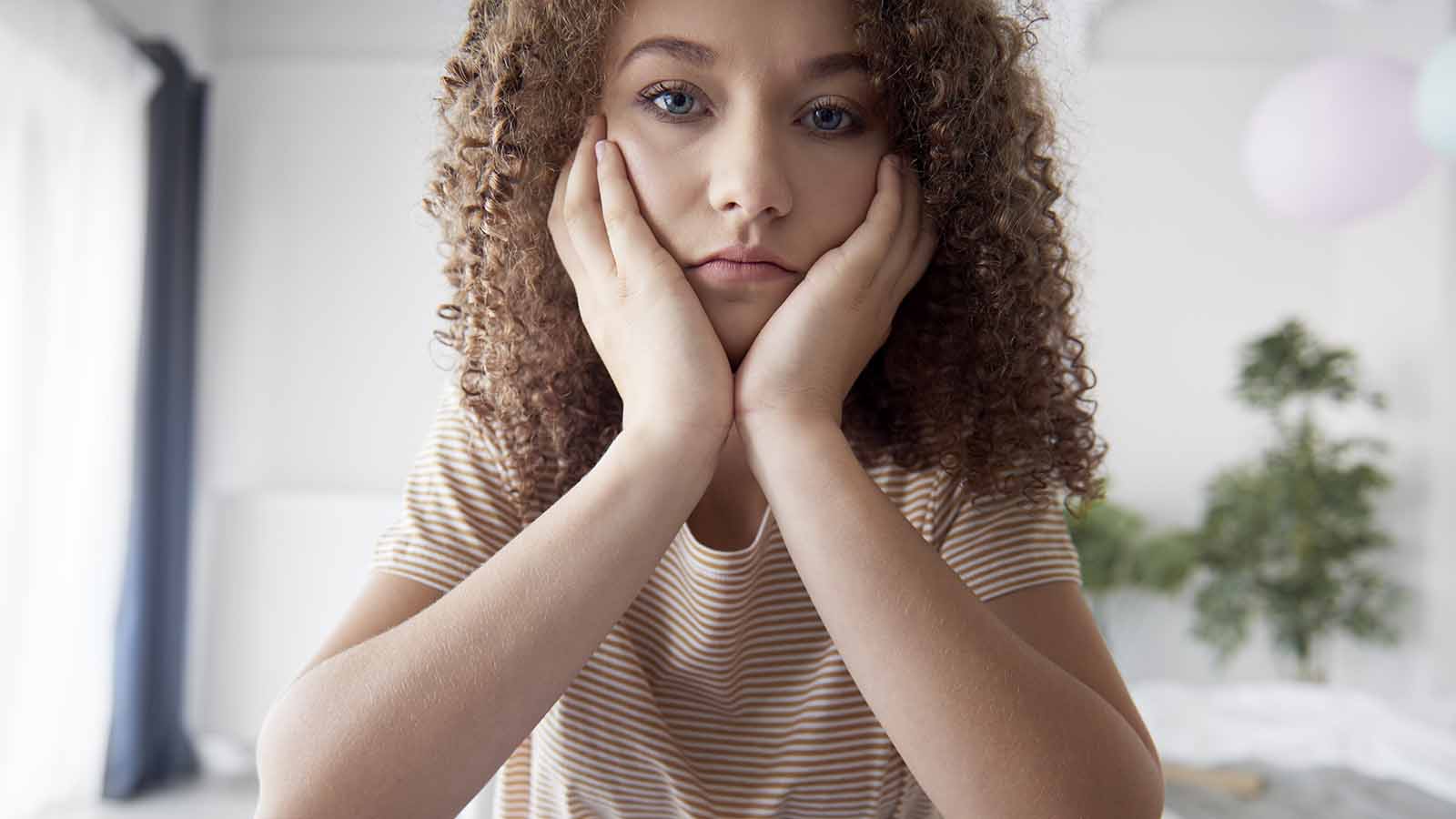
Choosing to quit alcohol can prove challenging for people looking to positively change their lives. Alcohol addiction can become so ingrained in a person that when they begin to move away from their old ways, symptoms of depression can develop. As you start getting sober, one can only wonder — how long will the depression last after quitting alcohol?
Defining Depression
Depression is a complex condition that presents itself differently from person to person. While one may show signs of chronic fatigue and sudden weight changes, others may show a sunny outward disposition while feeling the weight of the world on their shoulders as they cope with sadness, anxiety, and potentially suicidal thoughts on the inside.
As you turn away from alcohol abuse, feelings of depression are normal. They are often expected as your body readjusts to not feeling so dependent on it for social situations or to cope with your daily life. However, seeking treatment from a mental health facility can help you better cope with those feelings and help prevent you from relapsing.
What Is a Dual Diagnosis?
Sometimes those fleeting moments of sadness that you can’t go out for a social drink because you decided to quit alcohol can become a full-blown depression diagnosis. Some people can develop co-occurring disorders that feed into each other and cause long-term physical and psychological damage.
A dual diagnosis involves a person dealing with concurrent mental health and substance abuse disorders simultaneously. These situations can create unique challenges in recovery, trying to deal with symptoms from each that can potentially exacerbate the timetable for the other condition.
Self-Medication
The relationship between alcoholism and depression is multifaceted and takes many forms. The condition can occur before, during, and after your alcohol addiction treatment — it’s not limited to any one phase. If the person had tried to use alcohol to self-medicate depression in the first place, it’s always been there. They just used the alcohol to avoid their pain; without it, it comes back to the forefront of your thoughts.
However, depression doesn’t have to have always been present for it to develop once you stop drinking. Your body has learned how to function under the influence of alcohol, potentially for years. Now that you are going through alcohol withdrawal, it doesn’t know how to respond. As your brain chemistry begins to readjust to life without the alcohol, feelings of fear, anxiety, lack of hope, and sleep interruptions become more prevalent.
How Long Does the Depression After I Quit Drinking?
The answer to this question looks different for everyone. Some people can work through their feelings of depression on their own and be no worse for wear. Other times, those feelings can take root and cause you a world of difficulties that can even end in a relapse. Having a support system is crucial for everyone looking to quit alcohol and battle their depression.
While your support system can consist of friends and loved ones who can help you work through your recovery, they may not have the necessary tools and training to give you the support you need. Finding a residential treatment facility that can provide you with the tools to cope with your alcohol recovery and depression can set you up for short-term and long-term success.
Steps to Recovery provides our patients with treatment programs designed to help with their specific situations so they can receive the specialized care they need. We have group and individual therapy sessions to help with alcohol recovery and depression treatments. If you or someone you love is looking to quit alcohol or seek help for their depression, reach out to one of our mental health specialists at 267.719.8528.
Sources:
https://www.portstluciehospitalinc.com/depression-after-quitting-drinking/
https://paxmemphis.com/dealing-with-depression-after-quitting-drinking/
Explore this article:
Explore Our Facilities
Drug and alcohol detox and residential treatment for addiction and mental health disorders
Outpatient treatment center for substance use disorder and mental health disorders
Outpatient treatment center for substance use disorder and co-occurring mental health disorders







